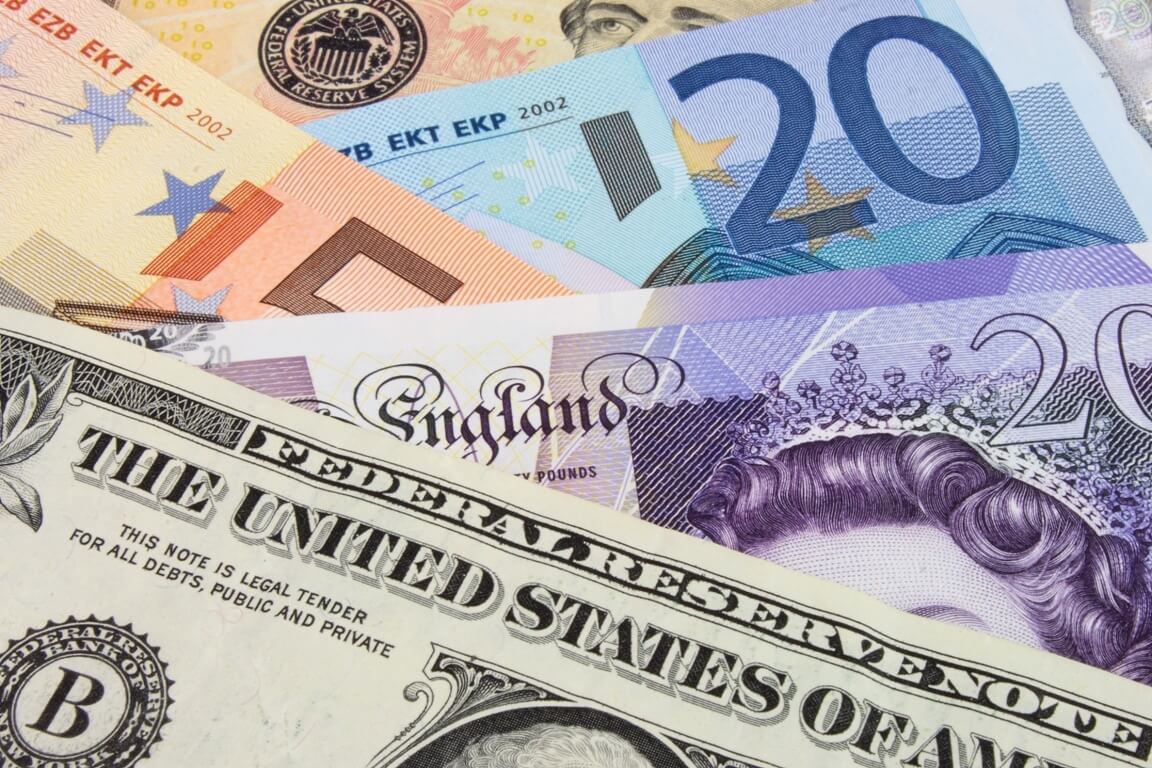
Euro Fluctuated on Tuesday. What about Dollar and Sterling?
The U.S. dollar plummeted down on Tuesday despite rising concerns about the second wave of coronavirus infections, as traders sat on the sidelines ahead of next week’s U.S. election.
The steepest stock market sell-off in a month happened on Monday along with a bond rally. However, foreign exchange market activity has remained relatively steady, and price moves were limited on Tuesday as well.
Despite that, analysts warned that traders were simply cautious after the United States, France and Russia all hit new daily records for coronavirus infections. According to them, prices remained mostly unchanged because of a reluctance to build positions before the U.S. presidential election.
After initially tumbling, the euro climbed up by 0.2% to $1.1829. On the other hand, the dollar index, measuring the U.S. currency against a basket of major rivals, declined by 0.2% to 92.883.
The Japanese yen and the Swiss franc, both of which traders tend to buy when nervous, were mixed. UniCredit analysts stated that thus far many sources of uncertainty are preventing clearer trends from emerging.
According to them, the impasse on both U.S. stimulus talks and Brexit negotiations, along with the implications of rising coronavirus infections on 4Q20 GDP growth, play in favour of more euro-dollar and sterling-dollar stabilization presently.
What about the Chinese yuan and the Australian dollar?
The yuan lowered on Tuesday. However, the offshore Chinese yuan soon recovered and climbed up to 6.6950 at last. Thus, leaving the dollar up only by 0.1%. Meanwhile, the usually risk-sensitive Australian and New Zealand dollars surged forward on Tuesday.
The European Central Bank plans to meet on Thursday. However, analysts think that the market reaction will be limited.
Stephen Gallo, the European head of FX strategy at BMO Capital Markets, noted that like most people, ECB policymakers are in stasis. Besides, triggering a big market response so close to an important U.S. election would be tough regardless of the economic and financial backdrop.
National polls are giving Democrat Joe Biden a solid lead a week ahead of the U.S. election. However, the rivalry is much higher in battleground states that could decide the outcome.
Experts regard a Biden victory, and Democratic control of the Senate, as negative for the greenback since it is expected to deliver big stimulus spending. That, on the other hand, would drive demand for riskier currencies.
The sterling tumbled down overnight. However, it rebounded, surging above $1.30 on Tuesday at $1.3048. Particularly, as negotiations between the European Union and Britain over a Brexit trade deal continued. The pound was slightly higher against the euro at 90.655 pence.
-
Support
-
Platform
-
Spread
-
Trading Instrument




